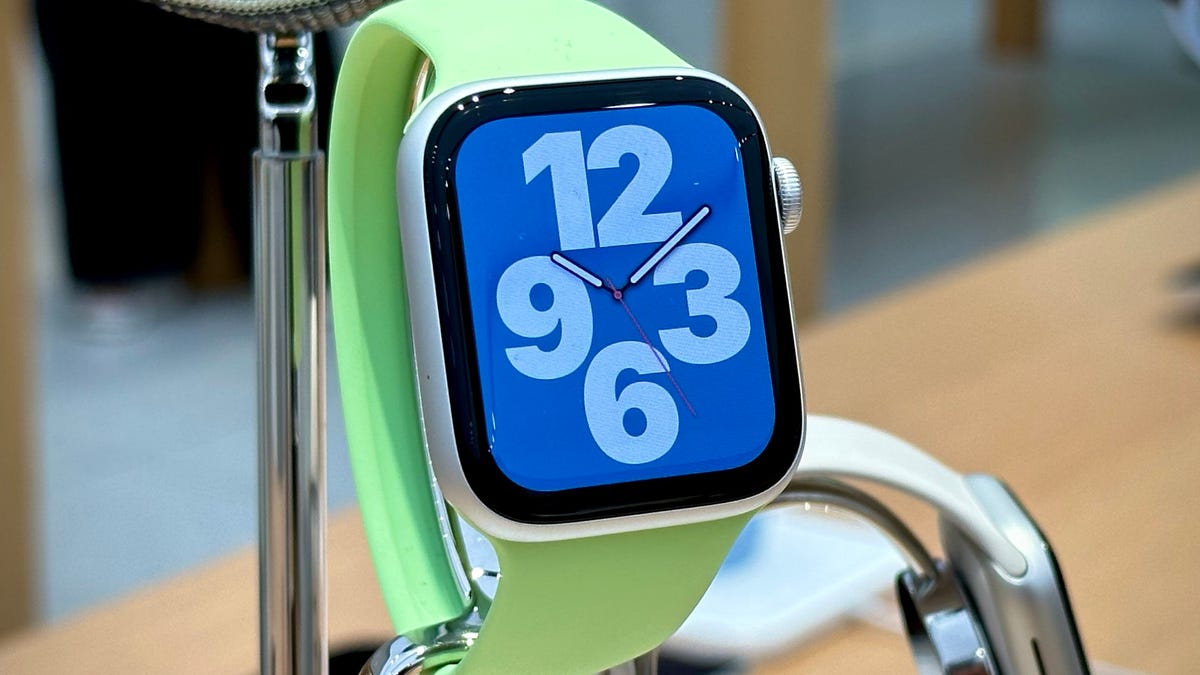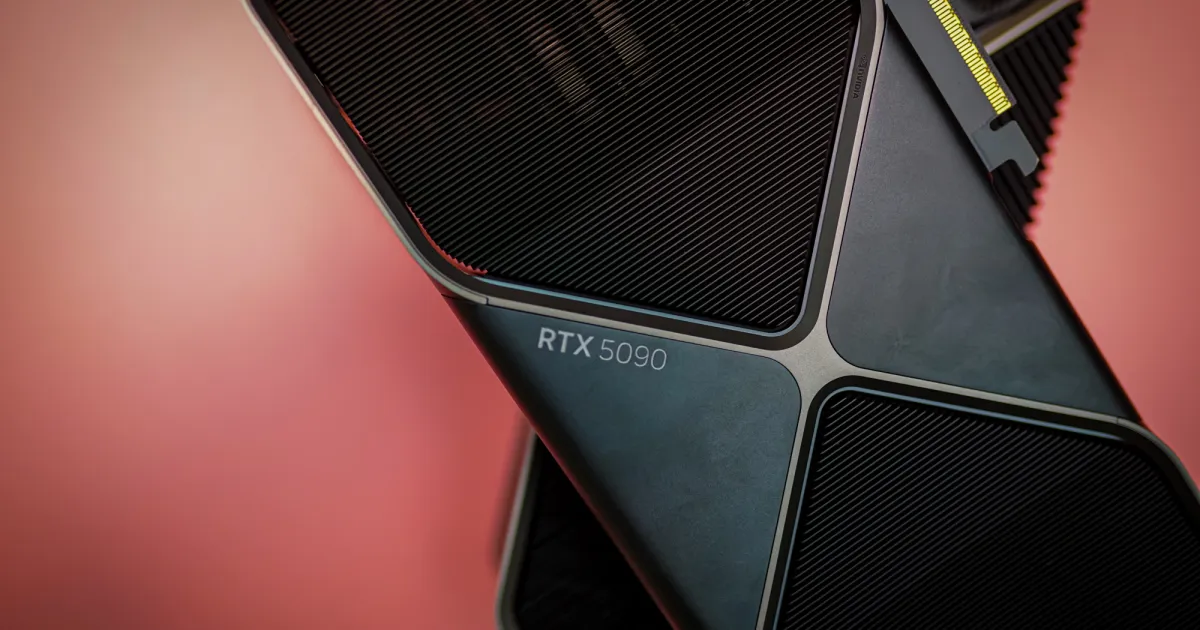Following months of speculations, Rocco Liu, a popular and digital-savvy editor responsible for the success of GQ China, has been named Vogue China‘s latest editorial director, succeeding the controversial Margaret Zhang after a three-year tenure, WWD has learned.
An official announcement is expected to come on Friday morning in Beijing.
The 41-year-old Liu, who joined GQ China in 2009 and now serves as editorial director of the men’s fashion and lifestyle title, will take over the role with immediate effect, overseeing the editorial direction of the Vogue China brand across all platforms and events, Condé Nast said in a statement shared exclusively with WWD.
It’s understood that Liu’s successor at GQ China will be named at a later date. As of now, Cui Yanyu, creative director at GQ China will serve as interim editorial director.
“I have long admired everything Rocco has done at GQ,” said Anna Wintour, Condé Nast chief content officer and Vogue global editorial director.
“He has great instincts for creating stories that live on new platforms, that find new audiences, and for imagining events that get people talking. In all the work he’s done with us, he’s been super creative, ambitious and has proven that he knows how to make an impact. I’m thrilled and excited that he’s joining the Vogue team,” added Wintour.
Rocco Liu with Eileen Gu at a Louis Vuitton event in Beijing
Courtesy
Insiders would agree that Liu, who has risen through the ranks at Condé Nast China to become a seasoned fashion editor and a rising social media personality, should be able to replicate the success of GQ China, where digital innovation and content localization drive lucrative revenue streams not generally found elsewhere.
After graduating from Beijing Foreign Studies University with a bachelor’s degree in English, Liu spent four years as an English teacher at New Oriental Education, one of the largest foreign language training schools in China at the time.
In 2009, Liu began his career at GQ China, where he took on various roles such as senior copyright editor, report editor, and GQ Lab editor, according to Linkedin.
GQ Lab was incubated by the glossy’s features editor Jon Lian in late 2014 as a digital spinoff on WeChat, the popular Chinese social media platform, as confirmed by two former employees of GQ China. However, Condé Nast wrongfully stated on its website that the WeChat account was launched by Liu in 2017.
In 2016, Liu became the editor-in-chief of GQ Lab and turned it into a fashion digital media site with millions of followers. At the time, GQ Lab could command around half a million renminbi, or $70,500, for a single social media post.
Condé Nast China back then also disclosed that GQ China became the most profitable edition due to the success of GQ Lab, yielding 200 million renminbi in revenue in 2018, an amount equivalent to several European editions combined.
A champion of the project, Sophia Liao, the beleaguered chief executive officer of Condé Nast China who stepped down in September 2020, called GQ Lab’s wide-ranging success “the rebirth of GQ,” according to local media coverage at the time.
Apart from WeChat, GQ Lab has over 4.8 million followers on Weibo, Douyin, and Xiaohongshu.
Eager to break down barriers between content and commerce, GQ Lab editors recently began livestream selling on Xiaohongshu. Products range from Stanley cups, and Salomon sneakers, to healthy snacks.

Rocco Liu
Getty Images
Unlike Zhang, who was often seen as a lone wolf, Liu is regarded among his peers as a compassionate leader and an encouraging editor. Liu has forged a close personal relationship with luxury brands on the ground, one thing his predecessor Zhang failed to achieve.
His playful and friendly personality is fully displayed on Xiaohongshu, where he has over 45,000 followers. Liu often posts his experience traveling the world and hanging out with Chinese celebrities, including Yang Mi, Jackson Wang, Good Bai, and most recently with Eileen Gu at a Louis Vuitton event in Beijing.
As first reported by WWD, the Chinese edition of the women’s fashion title has been plotting a succession plan to replace the controversy-laden Zhang since last November. During her tenure, she wasn’t able to maintain a relationship with leaders on the ground, which ultimately hindered the publication’s reputation and profitability.
In April 2023, she was publicly called out by competitor Huasheng Media founder Chuxuan Feng on Weibo for being disrespectful to the Chinese market for installing a one-sided non-compete clause around model Du Juan, who was set to appear on the cover of Vogue China, but got removed since T Magazine China, a licensing deal between Huasheng and The New York Times, released their cover, also featuring Du, days earlier.
Wendy Yu, founder of the Yu Prize, a Chinese design talent scouting competition, and fashion investor said of Zhang at that time that “there is no need for a Chinese fashion magazine to have an opinion given by an overseas Chinese who doesn’t know China and doesn’t respect the Chinese market.”
It was revealed in February that Zhang, the youngest editor in the group, would step down from her post as editorial director at Vogue China. It’s understood that her departure coincides with her pregnancy. Zhang is now expected to pursue her goal of becoming a film director and retain a working relationship with Chanel.

Margaret Zhang
AFP via Getty Images
Upon revealing Zhang’s departure, Wintour said it was her “top priority to find a visionary new leader without delay.”
It’s understood that Condé Nast spoke to an extensive list of candidates for Zhang’s successor, including Hung Huang, Lucia Liu, Cui Dan, Leaf Greener, Weimo Wang, and Blake Abbie, as well as Liu.
It became apparent Liu emerged as a front-runner when GQ China earlier this month parted ways with its local publishing partner Zhizu Magazine, a subsidiary of China News Service, a state-owned news agency based in Beijing. Industry sources said China News Service refused to let Liu go.
In the Chinese market, fashion glossies exist as syndications that copublish with a state-owned entity, which grants the publication its ISSN number, and its Chinese title and has the final say on all editorial content. Sources said GQ China has signed a new deal with the Shanghai Translation Publishing House to continue to operate in China.
In the case of Vogue China, it’s China Pictorial, which allegedly had an uneasy time with Zhang and is said to have rejected her cover choice for the recent issue of Photo Vogue, a supplement of the June issue of Vogue China, the last issue Zhang edited.
While the title promoted on Western social media that Kim Kardashian was the cover star, the actual print issue sold in China had a blank cover with the names of photographers featured in the issue at the bottom.

The recent Photo Vogue cover featuring Kim Kardashian, and the actual blank cover sold in China.
In his new role, Liu will be tasked with establishing a good reputation and strong relationships while reintroducing a new vision at Vogue China.
During Zhang’s tenure, at least five Vogue China covers, which can fetch at least 3 million renminbi, or $428,000, each, have gone unsponsored. According to industry insiders, some luxury brands’ cover sponsorship budgets have shifted to new titles such as W China.
Additionally, online spectators noticed that two of Vogue China’s anchor event supporters – Chanel and Bulgari – both decamped to competitors after Zhang took over the helm from founding editor Angelica Cheung.







